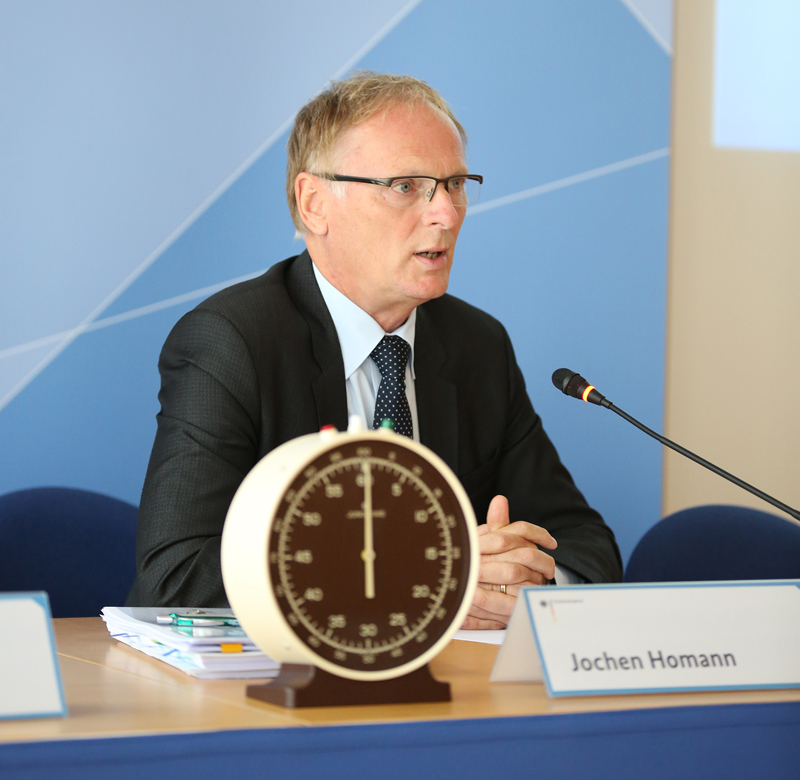Germany kicked off its 5G mobile spectrum auction on Tuesday morning, after overcoming last-minute complications including resisting pressure by the US to exclude Huawei from next-generation network plans.
Regulators decided against barring telecoms equipment vendors from China, as Australia and New Zealand have done, instead saying they would tighten security rules for all vendors.
“The same rules apply, whether you are from Sweden or China,” said Jochen Homann, chairman of the German Federal Network Agency (BNA), at a press event held to mark the launch of the auction, which is expected to last several weeks.
Operators had also mounted a lawsuit in an effort to force a delay to the auction, challenging requirements that they fear might force them to open their networks to rivals, and which oblige them to provide fast internet to at least 98 percent of households in every German state by the end of 2022.

Legal challenge
After months of uncertainty, a court threw out that challenge last week, allowing the auction to go ahead.
Four operators, Deutsche Telekom, Vodafone, Telefonica and newcomer 1&1 Drillisch, are competing for 41 blocks of spectrum in the 2GHZ and 3.6GHz bands, suited for operating wirelessly networked factories, which Homann said was a key area.
“It is important for us that we have a focus on industry, and on better coverage,” he said.
The event is taking place in former army barracks in Mainz, in southwest Germany, where they are bidding via a secure network from separate rooms, are barred from using mobile phones and can only communicate with their head offices via fax.
All 41 blocks are to be auctioned at the same time, with the government expected to raise 3 to 5 billion euros (£2.5bn to £4.3bn), following a 2015 auction of 4G spectrum that raised 5.1bn euros.
Security
The US had attempted to force Germany’s hand to announce a ban on Huawei and other Chinese equipment makers ahead of the auction, amidst a bitter trade war between the US and China.
Last week the US’ ambassador to Germany, Richard Grenell, warned Germany’s economy minister that the US could scale back intelligence sharing if Huawei were used in 5G networks there, the Wall Street Journal reported.
NATO’s Supreme Allied Commander in Europe, US General Curtis Scaparrotti, added that NATO forces could cut communications out of concern that Germany’s telecommunications backbone was compromised by the use of Chinese equipment.
“If it also is inside of their defence communications, then we’re not going to communicate with them,” Scaparrotti told the House Armed Services Committee last Wednesday. “And for the military that would be a problem.”
The US has long alleged that Huawei and ZTE pose a national security threat, and they are largely locked out of US markets.
Huawei has repeatedly denied its equipment poses security issues, and in recent months has gone on the offensive, recently filing a lawsuit to challenge some of the US government’s most visible measures.
Vodafone has also vocally opposed a ban on Huawei, which it said would force it and other operators to remove their existing Huawei equipment at great expense, and would mean a significant delay to Europe’s development of next-generation networks.




